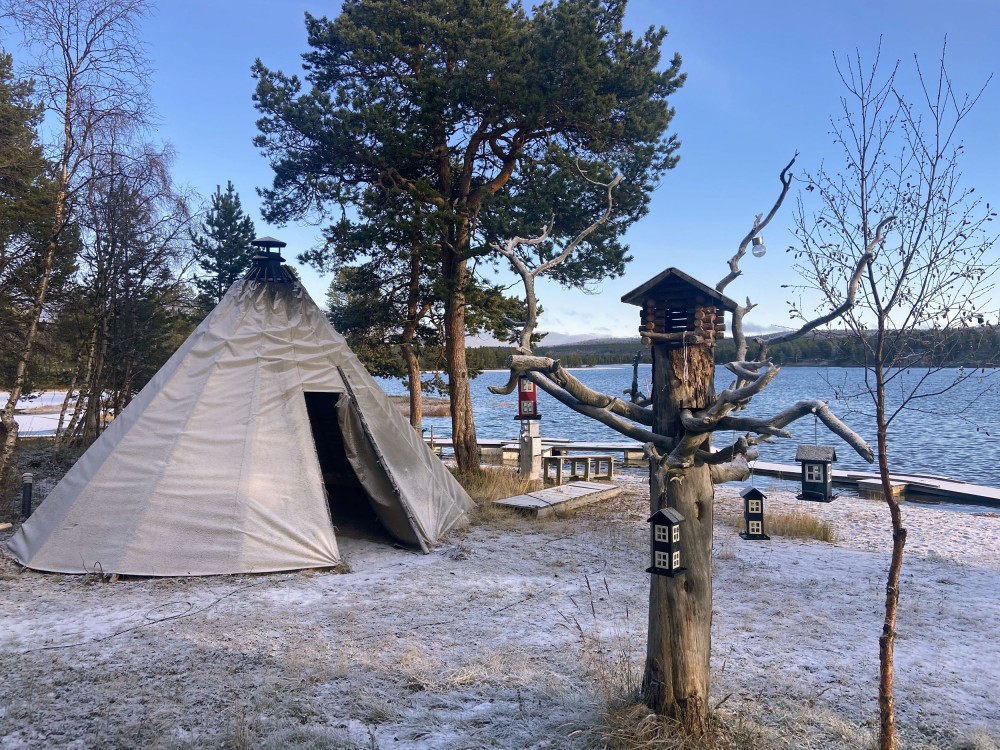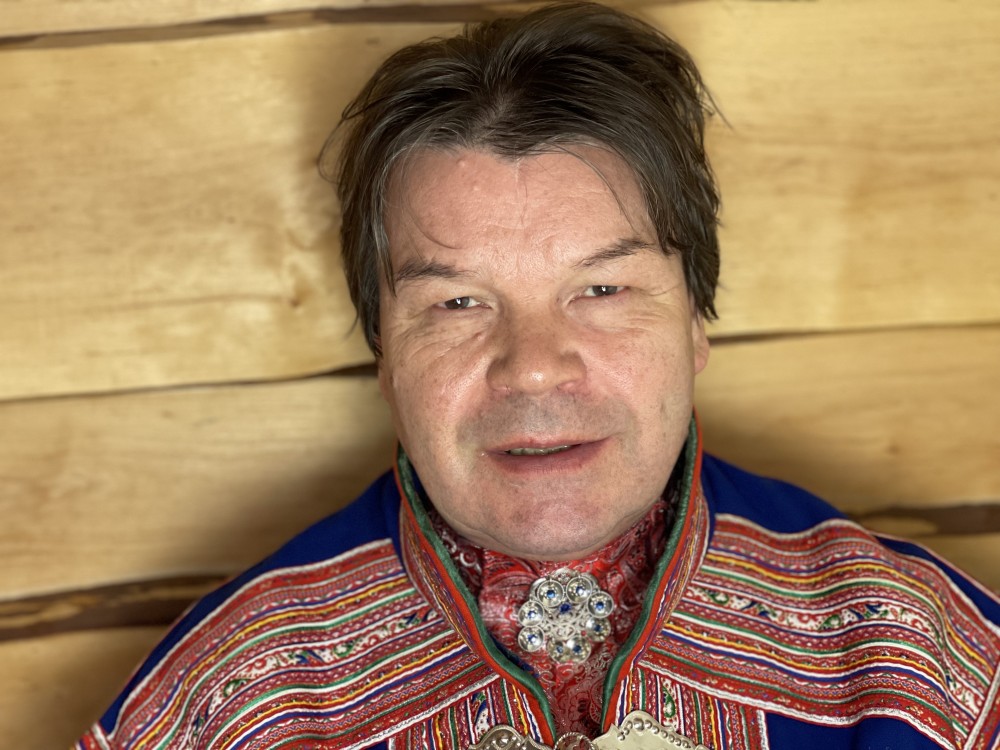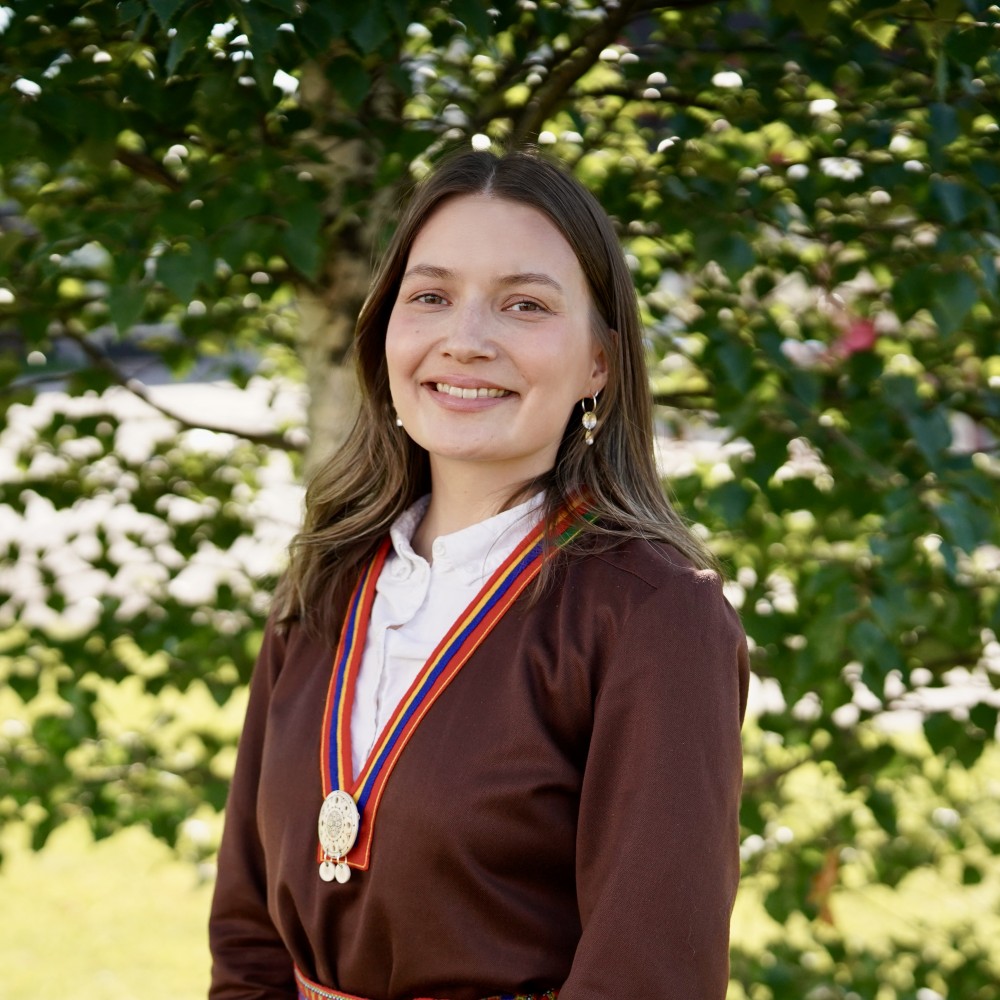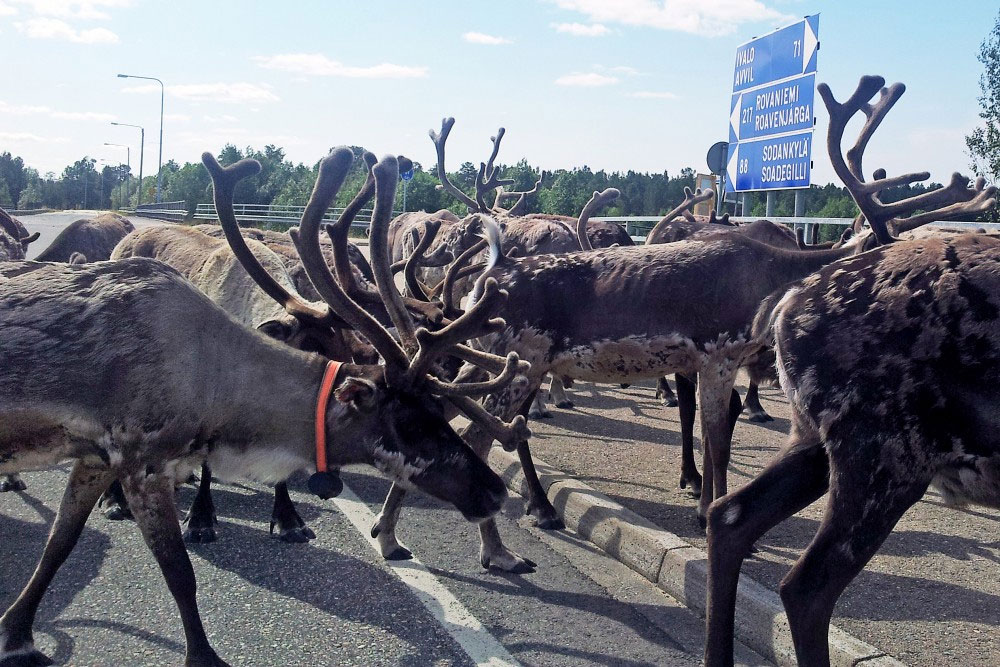Sámi knowledge helps developing climate policies
Finland’s recently launched Sámi Climate Council aims to introduce new ways of making decisions in the Arctic. Perhaps this will urge decision-makers to avoid some of the controversies shaking up the public debates in other Nordic countries.

An idealist would say that policymaking is a result of carefully balancing information from stakeholders and experts, while also considering the rights of minorities. A cynic, however, would argue that policies are drafted and carried out based on sectoral interests and agreed upon through political trade-offs.
While the truth often lies somewhere in between, the recently established Sámi Climate Council in Finland aims to stir decision-making more towards the first mentioned.
According to the Finnish Government, the Sámi Climate Council has been set up as a new independent expert body, tasked with bringing perspectives and knowledge into climate policy processes. The council consists of twelve members. Half are academics and the other half contribute with traditional knowledge from different parts of the Finnish Sámi region.
“The aim is to participate in all stages of decision-making by conducting research, making reports and giving statements,” says the head of the council Klemetti Näkkäläjärvi, to the Independent Barents Observer.
Näkkäläjärvi is accredited to the University of Oulu as a Postdoctoral Researcher. He has also served as the president of the Finnish Sámi parliament from 2008 to 2015.
In Finland, The Sámi Parliament has advocated for Sámi rights and perspectives since 1973. Furthermore, Finland’s Arctic strategy from 2021 underlines the importance of considering Sámi indigenous knowledge in both domestic and international climate policies. Hence launching the climate council is a concrete way to put this strategy into action, says Timo Koivurova, Research Professor at the Arctic Center at the University of Lapland in Rovaniemi.
While the council has not yet started its work, Näkkäläjärvi echos Koivurova’s views about the council’s potential and legal mandate to enact real change in how policies are made nationally.
“The Sámi are mentioned in Finland’s climate plans. Often in contexts that recognize the vulnerability of Sámi culture and are dictated by law. However, thus far traditional knowledge has not been considered in climate measures and I think this will change with the establishment of the climate council,” Näkkäläjärvi says.
An example of the type of decision that the Sámi Climate Council could have affected. If it would have been operational a year ago, concerned whether the Finnish government should have paid compensation to reindeer farmers for deteriorating pastoral grounds.
In the end, the decision was negative, which many in the Sàmi community opposed.
“In the future, I think the Sámi Climate Council can play a key role in such cases by evaluating changes in weather conditions and climate change with the use of scientific data and Sámi traditional knowledge,” Näkkäläjärvi says.
Controversies over wind farms and mines
All Nordic countries have signed the Paris Climate Accords and consequently set ambitious goals to reduce global warming. Russia’s attack on Ukraine has cut off energy supplies to Europe which has urged Nordic governments to switch to new and greener sources of energy faster than anticipated. On top of that, Europe is trying to become less dependent on China’s critical raw materials which has increased the need for mining.
Particularly in Norway, ambitious climate policies have led to an increased interest in building wind farms in places like Fosen. This has led to controversies and legal battles because of their effects on Sámi livelihood and culture.
According to Näkkäläjärvi, such controversies could have been averted, if Sámi perspectives and knowledge had been taken into consideration. Instead ambitious climate policies need Sámi inputs from an instance like the climate council in order to succeed.
With regards to currently discussed wind farm projects, Näkkäläjärvi urges decision-makers to consider Sámi perspectives and evidence-based information before making any decisions concerning the planned Davvi wind farm in Lebesby, Norway.
“If built, the Davvi wind farm would not only affect the Sámi community in Norway but also in Finland,” Näkkäläjärvi says.
Stakeholders, experts, or a minority with undisputed rights?
How should the Sámi be regarded while drafting climate policies? While Näkkäläjärvi repeatedly points out that their knowledge and insights should be considered, Anja Márjá N. Keskitalo, advisor at the EU unit of the Norwegian Sámi Council underlines that the Sámi should not be regarded as experts or stakeholders but as inherent right-holders.
“That’s why there should not be any talks about balancing interests. We are not an interest group. We are an Indigenous People with the right to develop our culture, livelihoods, and make decisions in our affairs,” Keskitalo states.
Companies or governments invest in the Arctic and should therefore be regarded as stakeholders. However, wind power farms in Fosen, mining in Kiruna or building an arctic railway in Finland pose an existential threat to Sámi livelihoods, and consequently to the Sámi languages, knowledge, and culture, Keskitalo explains.
This is not to say that Keskitalo would not welcome new ways of making decisions. As is the aim of the Sámi Climate Council.
Instead, she sees significant potential in new ways of processing information through co-creation and by making use of traditional Sámi knowledge. But at the end of the day, certain issues are non-negotiable and should be treated as such.
“If this model works well in Finland it could be worthwhile to expand it. There could be a Sámi Climate Council bringing together representatives from all Arctic countries. Or climate councils in each country. Time will tell,” Keskitalo says.
Pursuing Sámi interests beyond borders
While the Sámi Climate Council in Finland has a clear mandate to provide inputs for domestic decision-makers, policies in the Arctic are made beyond national borders. One significant forum for such policy-making is the Arctic Council which has slowly resumed it’s work since Norway took over it’s chairmanship after Russia’s mandate period from 2021 to 2023.
In addition to the Arctic Council, the EU is a significant forum for lobbying Sámi interests, which according to Anja Márjá N. Keskitalo seems to have its ups and downs.
“On the one hand, the EU does allocate increasing resources for awareness-raising about Sámi and funding research with Sámi perspectives. But on the other hand, it’s more articulate with its policies and stands on the rights of Indigenous Peoples outside Europe than with regards to the Sámi. Furthermore, we experience that our voices are not represented through our national states in the EU system,” concludes Anja Márjá N. Keskitalo.
Located in Kirkenes, Norway, just a few kilometres from the borders to Russia and Finland, the Barents Observer is dedicated to cross-border journalism in Scandinavia, Russia and the wider Arctic.
As a non-profit stock company that is fully owned by its reporters, its editorial decisions are free of regional, national or private-sector influence. It has been a partner to ABJ and its predecessors since 2016.
You can read the original here.


